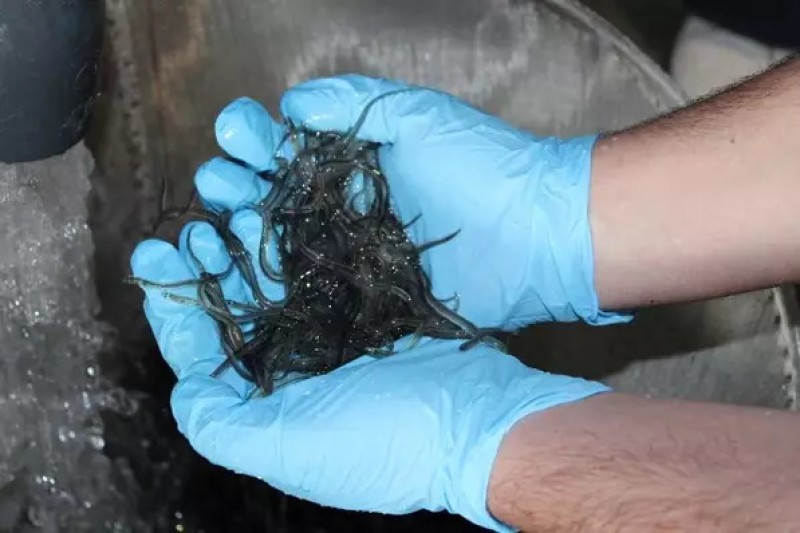Eight tonnes of baby glass eels were already on their way to Asia, where they were destined to be raised in fish farms and sold globally upon reaching adulthood.
Among those arrested were nationals from China, Malaysia, France, Spain, and Portugal, including "two high-value targets and fifty of their closest associates."
The illegal trade of European glass eels is believed to be one of the most significant and profitable trades involving protected species globally. Glass eels are considered a delicacy in many Asian countries.
According to a report from the United Nations Office on Drugs and Crime, baby glass eels are necessary for aquaculture because adult European eels have never been successfully bred in captivity. This means that wild-caught eels cannot be replaced by captive breeding.
In peak years, illegal profits from this trade have been estimated to reach billions of euros. This illicit trade has had a severe impact on the European eel population, with a reduction of 90% in recent years.
Since the launch of "Operation LAKE" in 2015, incidents involving eel trafficking have fallen by 50%, and over 750 individuals have been arrested, while 26 tonnes of glass eels have been prevented from being smuggled.
The trafficking of glass eels is carried out by several criminal networks that illegally fish for young eels in European waters, with EU nationals mainly responsible for this. The eels are then transported and stored in warehouses, houses, and apartments across Europe before being prepared by Asian members of the criminal network for transport in passengers' suitcases or cargo shipments.
After that, the eels are transported and grown in fish farms in Asia and then distributed to different markets worldwide.
Prices for glass eels can reach several thousand euros per kilo, and it is suspected that around 100 tonnes of glass eels may be smuggled annually from European Union Member States.



